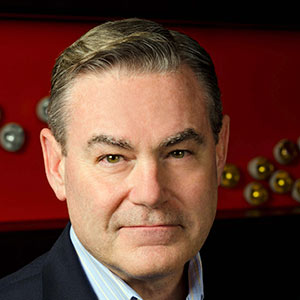Feasibility studies are a critical first step in fundraising. Therefore, crafting them with care is extremely important. They typically are 20 to 30 questions in length and give you an excellent perspective on your organization: how people view the board, the team's effectiveness, and who in the community should lead the campaign. So, you might wonder, which is the most important question to include in your feasibility study?
My answer will probably surprise you: it's none of these! So instead, here is a closer look at some core feasibility study defense questions, answers, and insights to consider.
Credibility: The Most Important Feasibility Study Insight
The perfect feasibility study doesn't just answer who, what, and why questions; it gives you a clear picture of the perceptions around your organization and its proposed project. These perceptions, taken together and analyzed carefully, answer the most critical feasibility study question: does your organization have the credibility needed to reach your campaign goal successfully?
Feasibility study questions should be carefully designed to exact answers that help determine your credibility, a critical component of your organization's Asking Rights, as it relates to your local community and potential investors.
Let's face it, individuals and companies will not invest in an organization they don't trust. Therefore, your organizational credibility must be strong to reach your fundraising goal.
Asking critical questions in your feasibility study defense can provide the background needed to determine the credibility level of your organization. Let's look at a few popular defense questions for feasibility studies.
As your interviews unfold and feasibility study answers come in, the conversations spurred by your initial questions are likely to provide keen insight into the overall level of confidence the community has in your nonprofit.
Listening to What is Said in Feasibility Studies (and What Isn't)
Often, hearing what isn't said is just as important. If interviewees as a group cannot rate the effectiveness of the board or identify accomplishments, chances are you have some public relations work to do before embarking on a capital campaign fundraising effort. By listening to what is said and understanding what isn't said, our nonprofit consultants use your feasibility study to determine if you have the credibility and the Asking RightsTM to move to the next step of your campaign.
Convergent Fundraising Services and Feasibility Study Support
A good fundraising services firm can help you write questions for your feasibility studies that will get to the bottom of the most important insights. Convergent Nonprofit Solutions has extensive experience helping nonprofits navigate the feasibility study process and guide capital campaigns that exceed fundraising goals. We invite you to learn more about our fundraising services and resource development services to learn how we can help your organization craft the perfect study that will lead to a successful campaign. You can explore our resources or contact our professionals to get started today!







